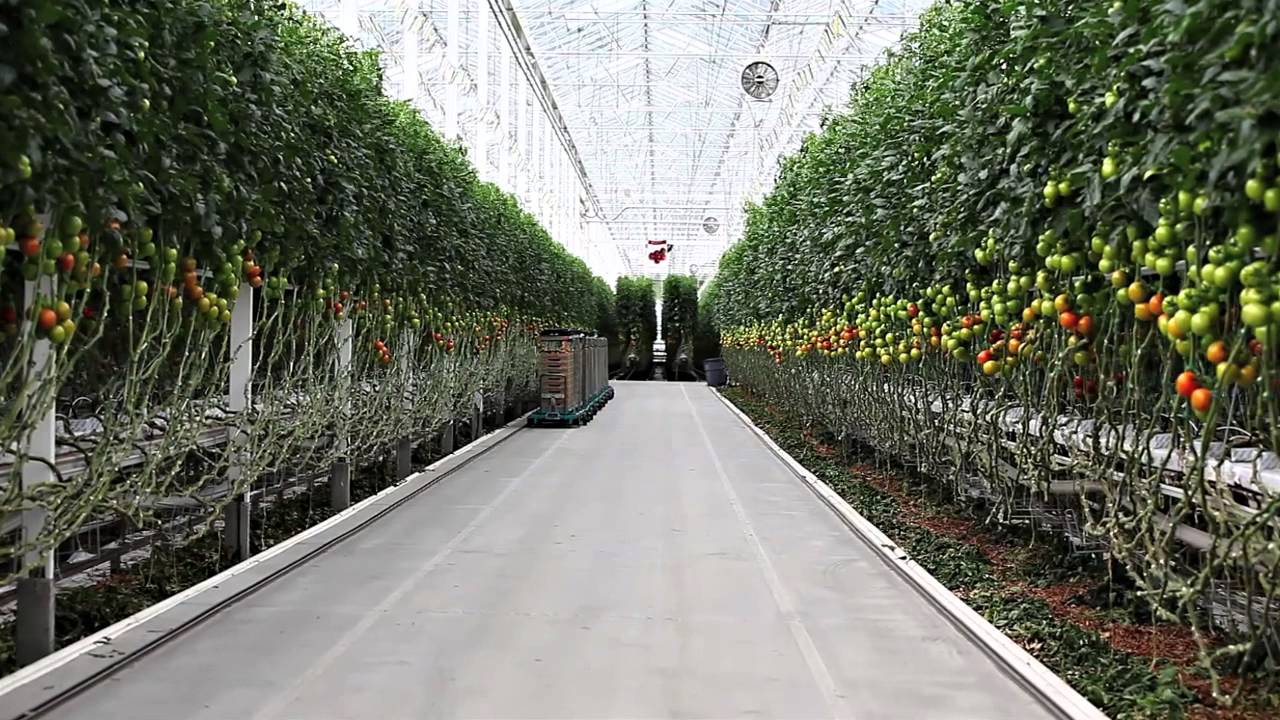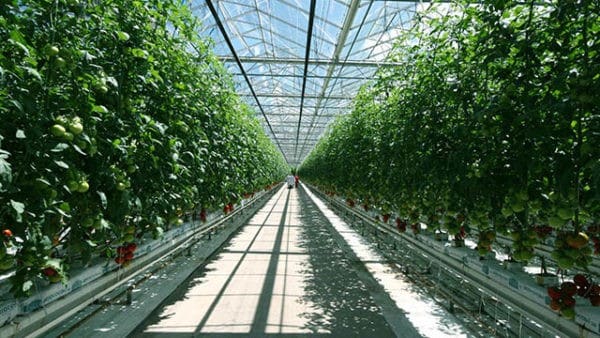Village Farms is a better bet than Canopy Growth: Raymond James

 The rest of Canada’s cannabis big names may have their own strengths, but investors should be putting their money behind Village Farms (Village Farms Stock Quote, Chart, News, Analysts, Financials TSX:VFF), says Rahul Sarugaser, analyst for Raymond James. In an update to clients on Tuesday, Sarugaser compared Village Farms’ stats to those of industry heavyweight Canopy Growth (Canopy Growth Stock Quote, Chart, News, Analysts, Financials TSX:WEED), with VFF coming out the hands down winner.
The rest of Canada’s cannabis big names may have their own strengths, but investors should be putting their money behind Village Farms (Village Farms Stock Quote, Chart, News, Analysts, Financials TSX:VFF), says Rahul Sarugaser, analyst for Raymond James. In an update to clients on Tuesday, Sarugaser compared Village Farms’ stats to those of industry heavyweight Canopy Growth (Canopy Growth Stock Quote, Chart, News, Analysts, Financials TSX:WEED), with VFF coming out the hands down winner.
Canopy Growth reported third quarter fiscal 2021 financials on Tuesday, posting net revenue up 23 per cent year-over-year to $153 million and an adjusted EBITDA loss of C$68 million. The company’s net loss was C$829 million owing to impairment and restructuring charges.
The comparison is stark, according to Sarugaser, who pointed to Village Farms’ soon-to-be ninth consecutive quarter of positive EBITDA (VFF’s fourth quarter 2020 is due in early to mid-March) versus Canopy which has yet to deliver an EBITDA-positive quarter.
In terms of history, Village Farms goes back to 1987 when the Delta, BC-based company started up as a greenhouse grower of vegetables. The company entered the cannabis trade with the joint venture Pure Sunfarms, over which VFF last year took full control.
Now, Village Farms has three primary verticals in the production and distribution of produce in the US, Canada and through partner growers in Mexico, producing and distributing cannabis via Pure Sunfarms and producing and distributing hemp and hemp-derived CBD in the US through its operations in Texas and other states. Village Farms also has international interests in Australia-based Altum International and DutchCanGrow in the Netherlands.
On the cannabis front, Village Farms has been growing its market share in the Canadian sector which is now beginning to find its feet. The company reported in its most recent quarter that it hit 15.2 per cent market share of the dried flower category (by kilograms sold) for the month of October with the Ontario Cannabis Store and it stayed as the top-selling brand of dried flower products with the OCS for the year-to-date ended October 31, 2020.
By Sarugaser’s count, VFF now has the fourth-largest share of Canada’s adult-use market.
“With VFF’s powered-up balance sheet, lean cost structure (few/no write-downs), and largest market share relative to its size, we continue to view VFF as the best value of the Canadian Big 5,” Sarugaser wrote.
“While Canopy Growth’s Canadian adult-use cannabis revenue grew 5.5 per cent quarter-on-quarter, our channel checks indicate VFF’s grew closer to ~40 per cent between 3Q and 4Q20. Contrasting CGC’s versus VFF’s Canadian adult-use market share — Oct. 2020: 12 per cent versus 7 per cent | Nov. 2020: 12 per cent versus 7 per cent | Dec. 2020: 11 per cent versus 6 per cent — VFF has 50 per cent of CGC’s market share, yet remains <10 per cent of CGC’s value,” Sarugaser wrote. Village Farms’ market capitalization only recently hit the $1-billion mark (and vaulted past that to currently sit close to $1.5 billion) which compares to Canopy Growth at $19.5 billion. But beyond the CGC comparison, Sarugaser said Village Farms has a lot of growth potential for investors to consider. First, VFF currently has over $200 million on its balance sheet following its recent US$135-million capital raise, giving the company the flexibility to undertake conversion of its Canadian and/or US greenhouses to cannabis. Second, Sarugaser said Village Farms has significant international optionality. In Canada, along with the 2.2 million sq. ft. of cannabis cultivation at Pure Sunfarms, VFF has another 2.6 million sq. ft. of greenhouse in Delta which is currently growing fresh produce but could readily be converted to cannabis. In the US, the company has 5.7 million sq. ft. of greenhouse in Texas, also currently for fresh produce but could be converted to cannabis if and when US cannabis legalization occurs and interstate commerce with large, centralized distribution becomes the norm. (“This is VFF’s wheelhouse,” Sarugaser wrote.) Further abroad, Sarugaser pointed to VFF’s recent upping of its position in Altum International to 9.9 per cent (from six per cent) and Mexico, where the analyst thinks Village Farms is looking good. “As the country moves toward legalizing cannabis for medical use, we see VFF among the best-positioned cultivators to seize forthcoming supply opportunities with more than 125 acres (of its total 420 acres) of partner greenhouses currently operating in the Mexico,” Sarugaser wrote. By the numbers, Sarugaser thinks Village Farms will generate full 2020 revenue and EBITDA of $173 million and $7 million, respectively, and 2021 revenue and EBITDA of $288 million and $48 million, respectively. With the update, the analyst has reiterated his “Strong Buy 1” rating for VFF with a High Rick/Speculation suitability rating. (All figures in US dollars except where noted otherwise.) VFF finished 2020 up 60 per cent, while so far in 2021 the stock is up 92 per cent.
Nick Waddell
Founder of Cantech Letter
Cantech Letter founder and editor Nick Waddell has lived in five Canadian provinces and is proud of his country's often overlooked contributions to the world of science and technology. Waddell takes a regular shift on the Canadian media circuit, making appearances on CTV, CBC and BNN, and contributing to publications such as Canadian Business and Business Insider.


